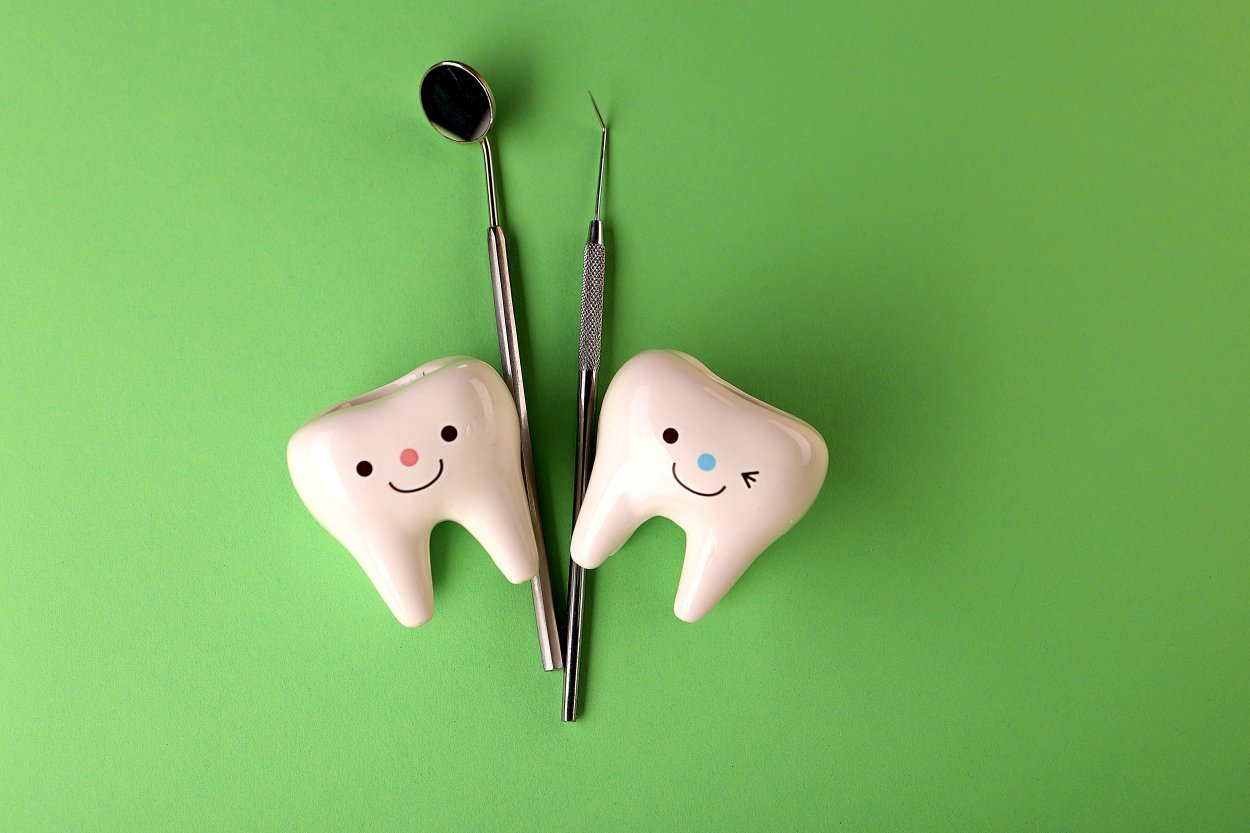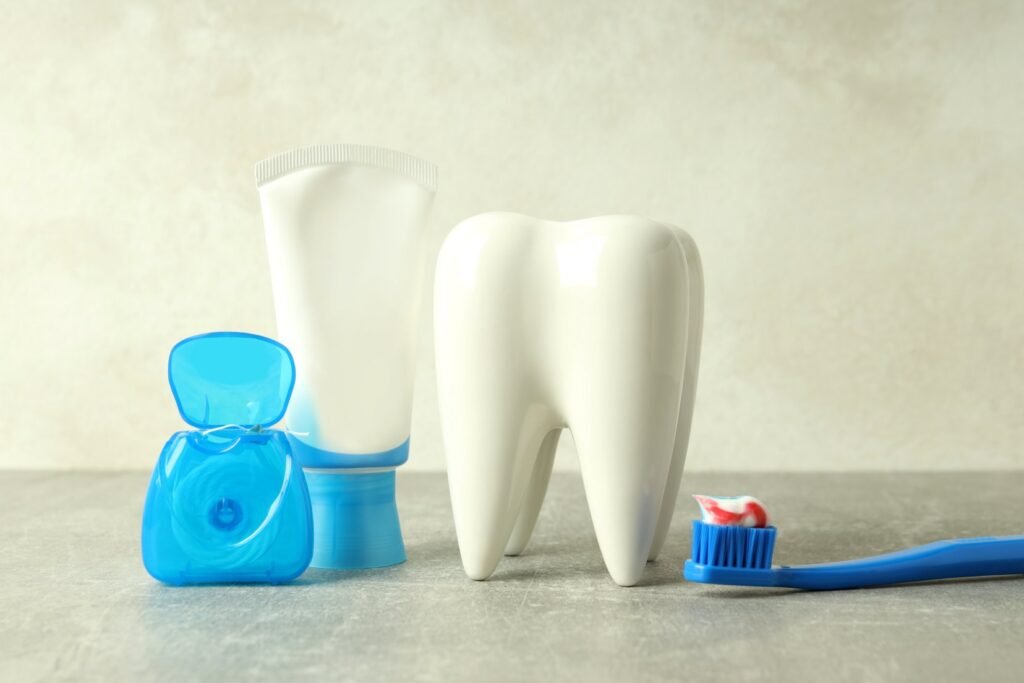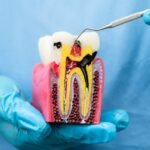Oral health refers to the health of the mouth, teeth, gums, and other related structures. It encompasses a range of activities, including the prevention of dental diseases, proper nutrition, and maintaining healthy teeth and gums. Poor oral hygiene can lead to various dental issues, such as cavities, gum disease, and tooth loss. Additionally, oral health extends beyond the mouth; it can influence overall health, impacting physical, emotional, and social well-being.
The Connection Between Oral Health and Overall Health
Research has consistently shown a strong link between oral health and overall health. Here are a few critical connections:
1. Cardiovascular Health: Poor oral health, particularly periodontal disease (gum disease), has been associated with increased risks of heart disease and stroke. The bacteria from gum infections can enter the bloodstream, leading to inflammation and potentially affecting the heart.
2. Diabetes: There’s a bidirectional relationship between oral health and diabetes. People with diabetes are at a higher risk for gum disease, while gum disease can make controlling blood sugar levels more challenging.
3. Respiratory Health: Bacteria from the mouth can be aspirated into the lungs, leading to respiratory infections. Maintaining good oral hygiene can help reduce the risk of pneumonia and other respiratory issues.
4. Pregnancy Outcomes: Women with periodontal disease may face complications during pregnancy, including preterm birth and low birth weight. Proper oral care before and during pregnancy can reduce these risks.
Practicing Good Oral Hygiene
Implementing effective oral hygiene practices can significantly improve your oral health. Here are essential tips to consider:
1. Brushing: Brush your teeth at least twice a day using fluoride toothpaste. Make sure to brush for at least two minutes and cover all surfaces of the teeth and tongue.
2. Flossing: Daily flossing helps remove plaque and food particles from between the teeth and under the gumline, areas that toothbrushes often miss.
3. Regular Dental Visits: Visit your dentist regularly for professional cleanings and check-ups. These visits are critical for monitoring your oral health and catching issues early.
4. Healthy Diet: A balanced diet rich in fruits, vegetables, whole grains, and lean proteins can promote good oral health. Limiting sugary snacks and beverages is crucial for preventing cavities.
5. Avoid Tobacco Products: Smoking and other tobacco products can lead to gum disease and oral cancer. Quitting or avoiding tobacco can have significant benefits for your oral and overall health.
6. Hydration: Drinking plenty of water helps wash away food particles and bacteria, while also keeping your mouth moist and aiding in saliva production.
The Role of Education and Awareness
Promoting oral health should start early in life. Educating children about the importance of oral hygiene can set the foundation for a lifetime of healthy habits. Schools, communities, and healthcare providers play a vital role in raising awareness about oral health, providing resources, and making dental care accessible.






